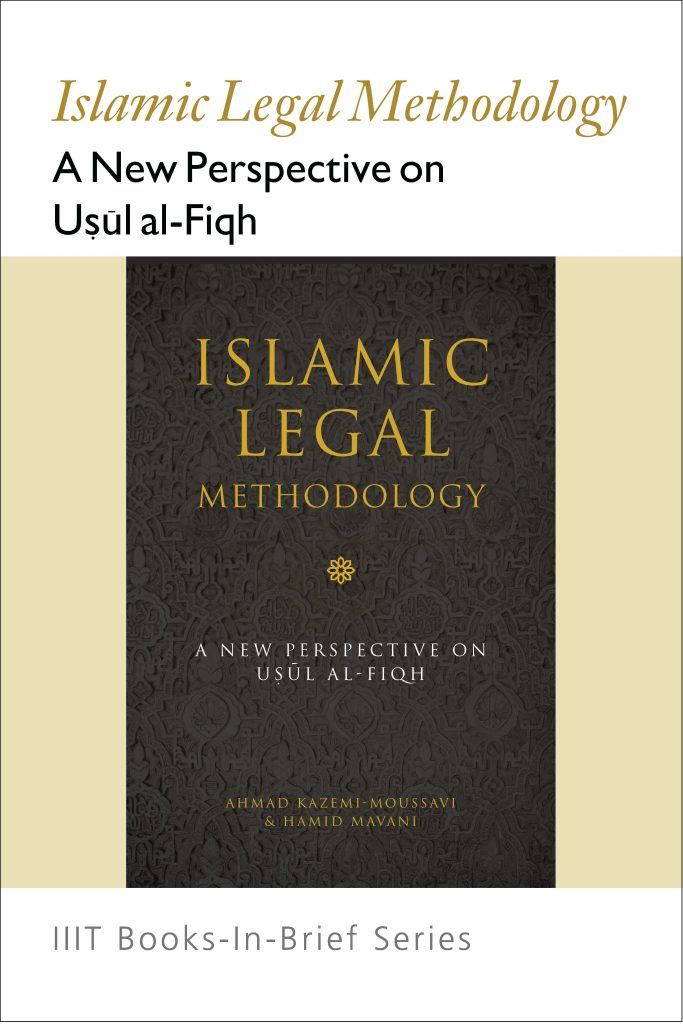
Books-In-Brief: Islamic Legal Methodology: A New Perspective On Uşŭl Al-Fiqh This book discusses the historical development of the legal methodology for the interpretation of the Shari’ah, and analyzes proposed reforms by modern Muslim scholars. This study has two goals: (1) to summarize usul al-fiqh’s rise and development from its rudimentary form to its advanced and mature phase by articulating the contributions of eminent jurists on key intellectual debates, and (2) to present a schema of reforms, new hermeneutics, and epistemology proposed by modernists to bring about foundational changes in Islamic legal methodology so that they can bypass the authority of the legal language. The critical distinction between the timeless Shari’ah and mutable jurisprudence allows for a mechanism that can review and revise juridical opinions in the light of new information. Ahmad Kazemi Moussavi He is a Professor of Islamic law and modern Islamic developments who currently teaches at George Washington University. He taught these fields in the University of Maryland, University of Virginia, and International Islamic University of Malaysia. Born in Iran he was educated in law there, going on to obtain a Ph.D. in Islamic Studies from McGill University, Montreal (Canada). He has published several books and more than a hundred articles in English and Persian. Hamid Mavani He is an Associate Professor of Islamic studies at Bayan Claremont Islamic Graduate School where he teaches courses on Islamic thought and modern developments in Islam. He has published several books including Religious Authority and Political Thought in Twelver Shi'ism: From Ali to Post Khomeini.
Paperback ISBN : 979-8-89193-250-0 / Price: $4.50 eBook ISBN : 979-8-89193-251-7 / Open Access Size : 6x9 inches Pages : 55 Year of Publication: 2024
